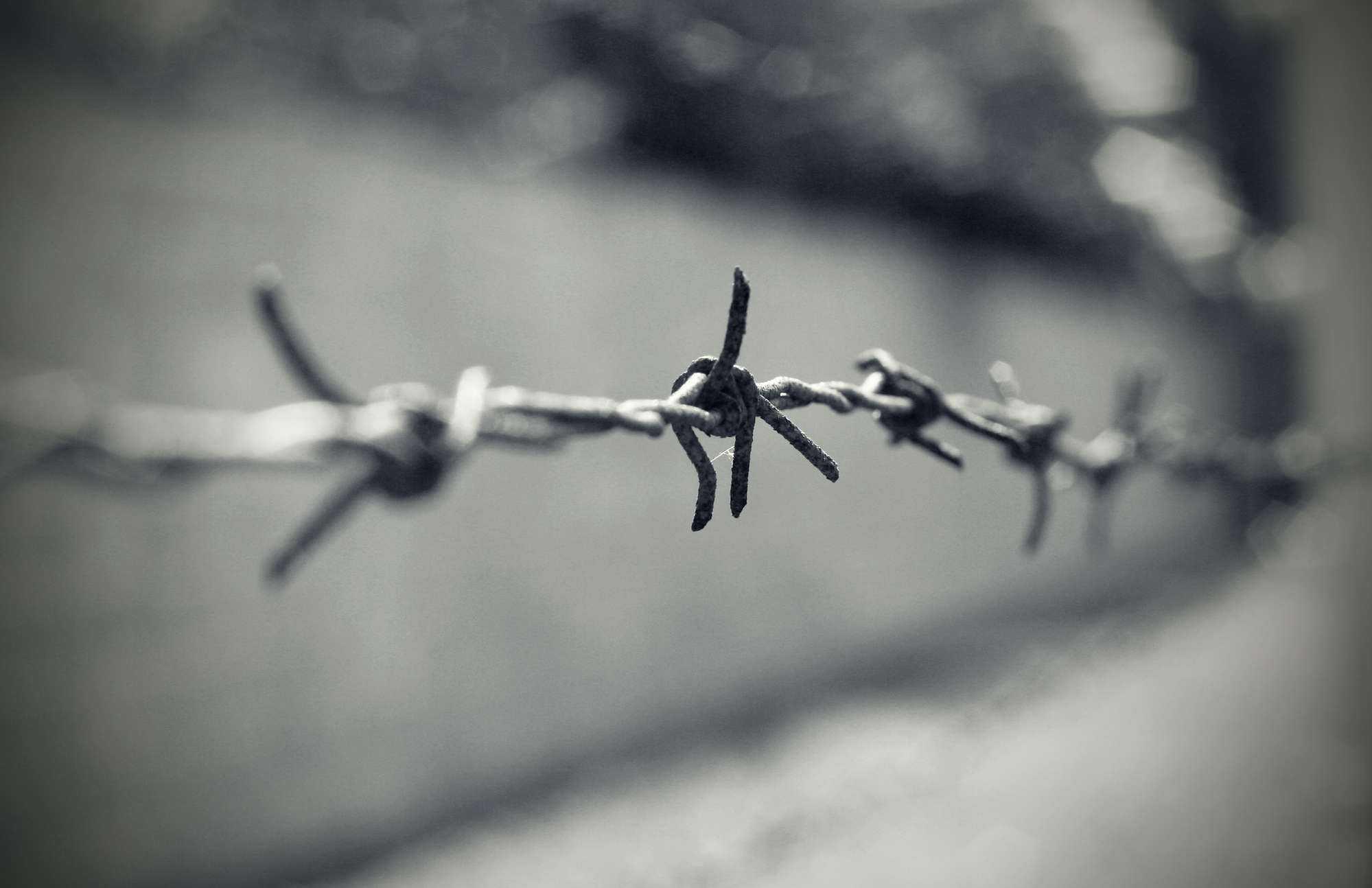BY OMNIYA ALI
“China is now turning criticism of its disastrous record on incubating the COVID-19 virus and its atrocities against its Muslim minorities into crimes, and the people who should be shouting the loudest are bowing their heads in reverential silence.” Nick Cohen; The Guardian
Unbothered by the idea of blood on their hands, those in power have recurringly pierced through the hearts of minorities in an attempt to tightly grip onto ethnic homogeneity. However, every now and then they fail as the blood puddling beneath their feet turns against them and returns to collect its dues. Not even accompanied by an afterthought of the absolute terrorising and traumatising nature of their actions, the Chinese government began expanding detention camps in an effort to suppress the Uighur Muslim minority in Xinjiang, China back in 2017.
There are over 12 million Uighurs in Xinjiang, making up half of the regional population. Uighurs speak several dialects of two languages divided by territory – Standard Xinjiang and Standard Soviet. Xinjiang, formerly known as East Turkestan, was annexed by China in 1949; that’s when the assimilation lightly began. Due to its geographic location, high production of natural gas can be found in Xinjiang, making it a primary contributor to the country’s Belt and Road Initiative. This initiative has played a key role in the largest atrocity of the 21st century unfolding right before the world’s eyes and getting little to no criticism. Consequently, China has become a more active and influential voice at the UN because too many countries are busy making billions of dollars off of the infrastructure program to waste time defending the lives of mere minorities.
Cultural relativism is the belief that the concepts and values of a culture or religion cannot be fully translated into, or fully understood, in other languages. So why is it that the Uighurs are being targeted? China holds an atheist communist regime and strives to revive totalitarianism through its communist party. In defense of their actions, the Chinese government claim the Uighurs hold “extremist views” and promote separatism, all while repeatedly denying the existence of concentration camps. In 2017, the arbitrary detainment of Uighurs began, and the numbers today have reached an approximate 3 million. Yet, it still has not made it on mainstream media. Is seems as though even brutalities must be dressed up to fit a specific appearance for it to be relevant enough to catch the eye of global media.
“Never before, except once in history, have millions of men, women and children been rounded up and put in concentration camps. And we know how that ended. We said, ‘never again.’” Andrew, an Orthodox Jewish man expressed during a protest outside the Chinese Embassy in the U.K. in 2019. Motivated by history and his family’s connections to the WWII Holocaust, he refused to watch it happen again. In the Chinese ‘re-education camps,’ Uighurs are forced to undergo psychological indoctrination, such as studying communist propaganda and giving thanks to Chinese President Xi Jinping. Chinese officials have also reportedly used waterboarding and other forms of torture, including sexual abuse, forced labour, COVID-19 vaccine testing, organ harvesting, biological weapons testing, and simply proof of life. Even those not subjected to the camps are being exploited for cheap labor. Large manufacturers such as Nike, Apple, Adidas, Puma and Ikea, amongst many others, have taken advantage of the Uighurs with no regard for the effects. Finally, Uighur women are being subjected to mass sterilization, forced abortions and forced contraception making this an attempt to control the Uighur population. This attempt qualifies the actions in Xinjiang meet the United Nations’ definition of genocide. So, at this point, who do we need to call upon for this to be recognized? Why is the world standing still when we have seen this happen before? Has Islamophobia really erased the humanity within people to this extent? Has the world become so habituated to the absolute obliteration of minorities that it has become unrecognizable as a crime?
“This isn’t indoctrination, it’s eradication,” Dr. Erkin Sidick, President of the Uyghur Projects Foundation.

